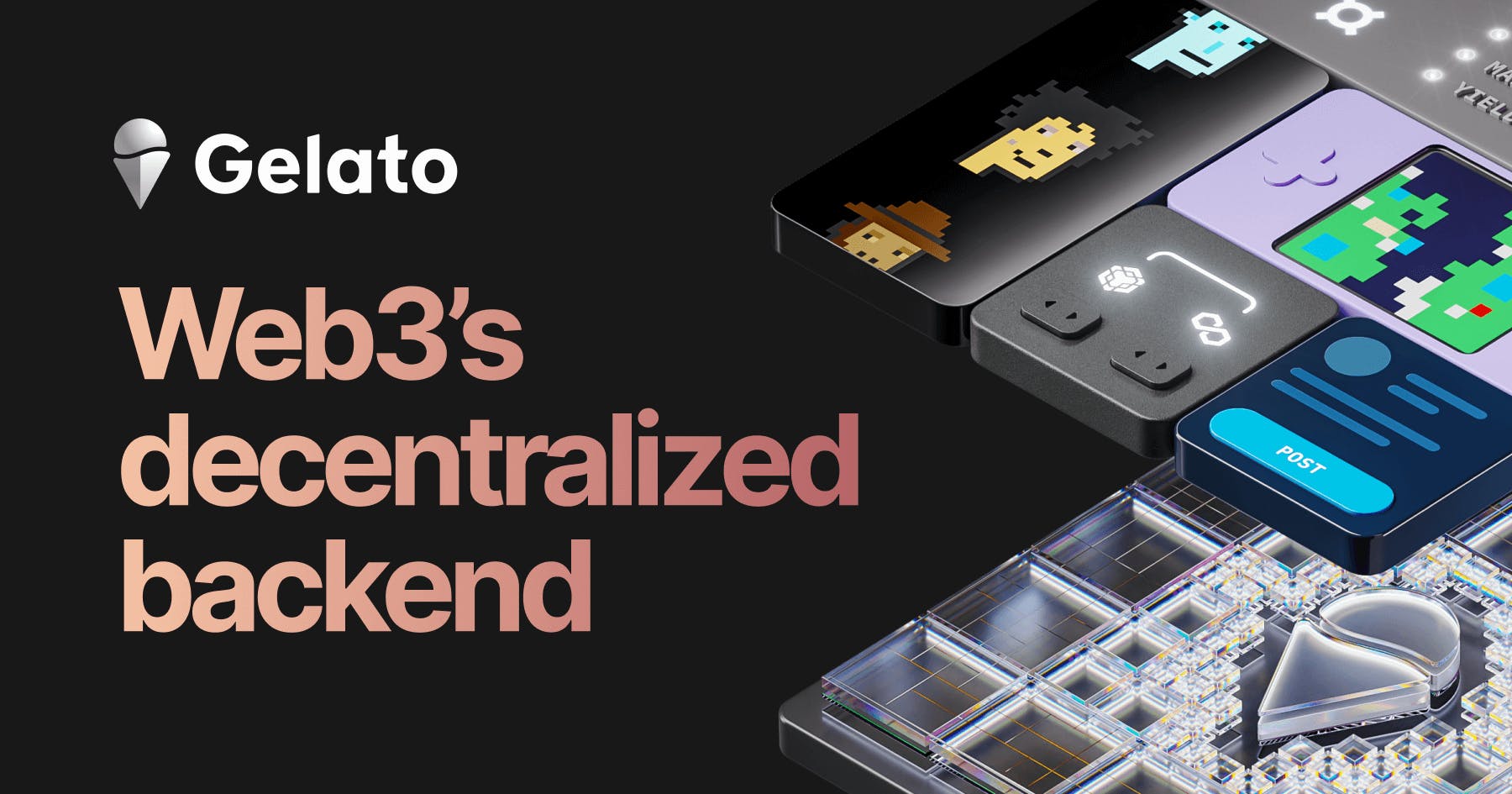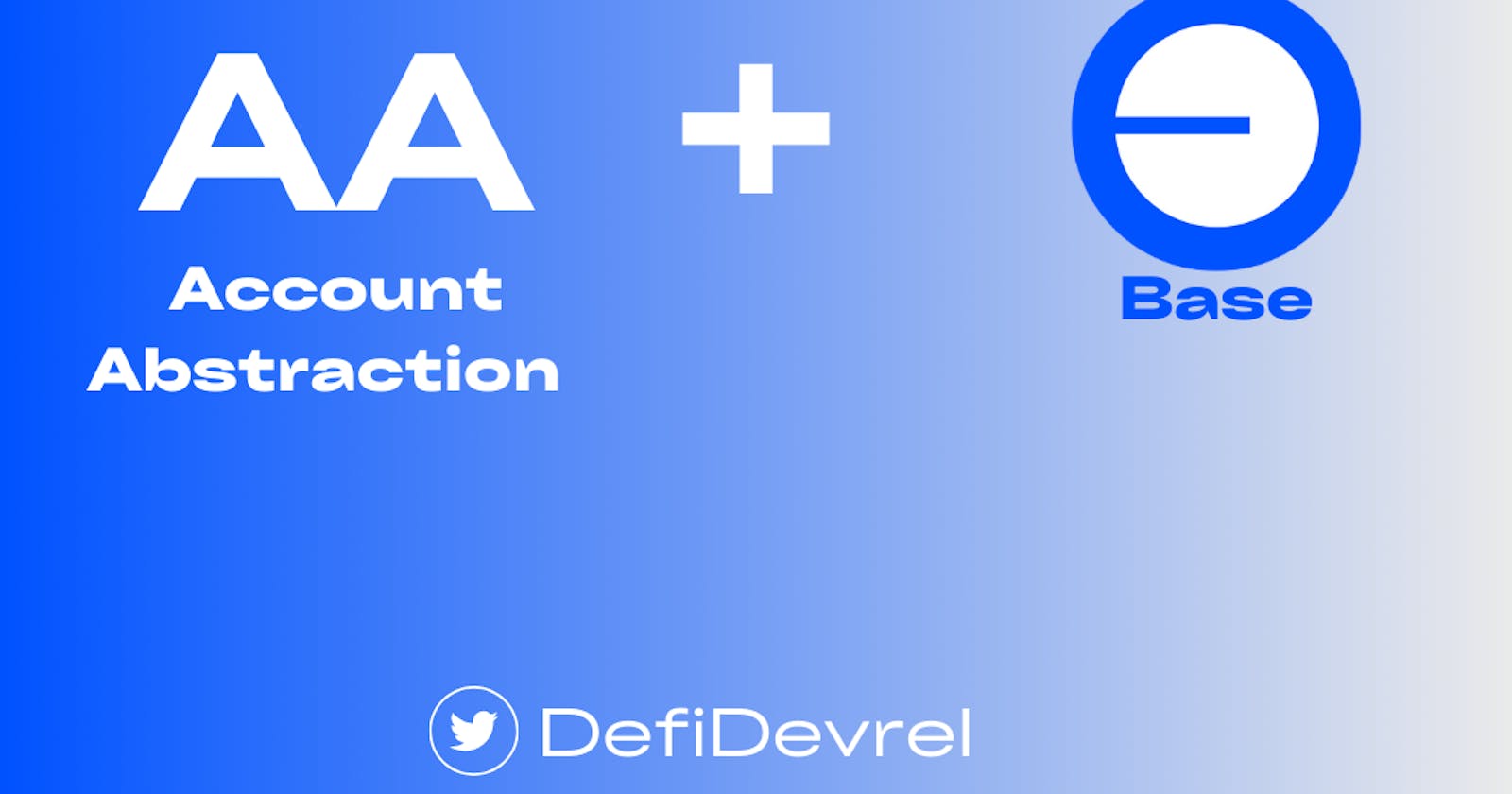Introduction
Layer 2 scaling solutions are becoming increasingly vital in the blockchain landscape, offering promising solutions to the persistent challenges of scalability and transaction efficiency. In response to blockchain network congestion and high gas fees, Layer 2 solutions have gained substantial recognition.
Among the prominent players in this arena, Coinbase, a globally recognized cryptocurrency exchange, has made a strategic move by adopting Layer 2 technology. This adoption signifies a significant step forward in improving user experiences and transaction efficiency on the platform. Notably, the incorporation of Account Abstraction within Coinbase's integration adds an intriguing dimension to this development.
Account Abstraction is a pivotal concept with the potential to reshape transaction and smart contract functioning on the Ethereum network, promising advancements in scalability, security, and cost-effectiveness. In this article, we will explore the intricate realm of Account Abstraction, examining its role within Coinbase's Layer 2 integration and its profound implications for the broader blockchain community.
What is Account Abstraction?
The Ethereum Developer Community has dedicated significant attention to the concept of Account Abstraction over the past year, resulting in substantial advancements. These developments are poised to enhance the user experience significantly when engaging with decentralized applications (dApps).
Account Abstraction represents a paradigm shift by elevating smart contract wallets to the status of first-class citizens, surpassing the traditional Externally Owned Accounts (EOAs). This transformation is complemented by the establishment of a dependable transaction relaying infrastructure, which empowers third parties to execute transactions on behalf of users. Together, these innovations promise to revolutionize how users interact with blockchain applications, making the experience smoother, more versatile, and user-friendly.
In traditional blockchain systems, like Bitcoin, transactions primarily revolve around Externally Owned Accounts (EOAs). These EOAs are controlled by private keys and serve as the primary method for users to interact with the blockchain. Users must pay gas fees to cover the computational resources used in processing these transactions.
Account Abstraction, in contrast, introduces the concept of smart contract wallets as central players in the blockchain ecosystem. Instead of relying solely on EOAs, users can engage with the blockchain through smart contracts. These smart contract wallets can manage cryptocurrency, initiate transactions, and autonomously execute complex operations. This shift from EOA-centric to smart contract-centric interactions brings several advantages.
WHAT IS BASE?
Base is a secure, low-cost, builder-friendly Ethereum L2 built to bring the next billion users on-chain.
Base is incubated within Coinbase and plans to progressively decentralize in the years ahead. We believe that decentralization is critical to creating an open, global crypto-economy that is accessible to everyone.
ETHEREUM'S L2
Base is built as an Ethereum L2, with the security, stability, and scalability you need to power your dapps. Confidently deploy any EVM codebase and onramp your users and assets from Ethereum L1, Coinbase, and other interoperable chains.
BIG FEATURES, SMALL FEES
Get the EVM environment at a fraction of the cost. Get early access to Ethereum features like Account Abstraction (ERC4337), simple developer APIs for gasless transactions, and smart contract wallets.
OPEN SOURED
Base is built on the MIT-licensed OP Stack, in collaboration with Optimism. We’re joining as the second Core Dev team working on the OP Stack to ensure it’s a public good available to everyone.
How Account Abstraction is Set to Revolutionize L2 Solutions
Account Abstraction tackles a significant challenge: establishing a standardized method for smart contracts to interact with decentralized applications (dApps) without requiring users to employ their Externally Owned Accounts (EOAs) for transactions. While the concept of meta-transactions has existed in Ethereum for years, widespread adoption of smart contract wallets, beyond multi-signature uses, has been limited.
Two key obstacles hinder such adoption on platforms like Ethereum:
High gas costs related to deploying smart contract wallets and sponsoring transactions deter dApps from incorporating this functionality into their user onboarding.
Front-end developers must design interfaces catering to both smart contract wallets and EOA users, introducing complexity in development and maintenance.
Coinbase's Base Layer 2 (L2) solution aims to overcome these challenges:
Reduced Transaction Costs: Base, operating as its Layer 2, offers significantly lower transaction fees compared to Ethereum. This cost reduction makes deploying smart contract wallets and facilitating transaction sponsorship more practical.
A Fresh Start for Development: Base provides a clean slate, enabling developers to build dApps with Account Abstraction in mind from the outset. This eliminates the need to support "legacy" EOA accounts, streamlining development and reducing front-end complexities.
Layer 2 solutions like Base are expected to drive the adoption of smart contract-based wallets. Collaborations with Gelato, Safe, and the wider developer community working on Account Abstraction tools demonstrate a commitment to improving wallet usability and fostering innovation within the blockchain ecosystem. -- Jesse Pollak, Base Lead
How developers can use Account Abstraction on Base
While contract accounts hold the promise of greatly enhancing user experiences within the blockchain ecosystem, they concurrently introduce a higher degree of complexity for developers. The challenge lies in effectively managing the intricate interplay between various components within these contract accounts, necessitating a meticulous approach to ensure seamless functionality and security.
Despite this challenge, Gelato came up with a solution.
What is Gelato?

Gelato is web3’s decentralized backend empowering builders to create augmented smart contracts that are automated, gasless & off-chain aware on all major EVM-compatible blockchains including Ethereum, Polygon, Base, BNB Chain, Optimism, and many more.
Presently, Gelato provides four key services:
Web3 Functions: Seamlessly integrate your smart contracts with off-chain data and computations by deploying decentralized cloud functions.
Automate: Elevate your smart contracts by automating transaction execution in a dependable, developer-friendly, and decentralized fashion.
Relay: Empower your users with access to dependable, resilient, and scalable gasless transactions through an intuitive API.
Gasless Wallet: Harness the potential of our robust SDK, uniting Gelato Relay with Safe's Smart Contract Wallet, to offer a world-class user experience and enable the revolutionary concept of Account Abstraction.
Want to experiment with Account Abstraction on Base?
Are you a developer? Are you eager to venture into the realm of Account Abstraction on Base? It's your opportunity to step into the future of blockchain technology, where innovation knows no bounds. Take the plunge and begin experimenting with Account Abstraction on Base with Gelato.
